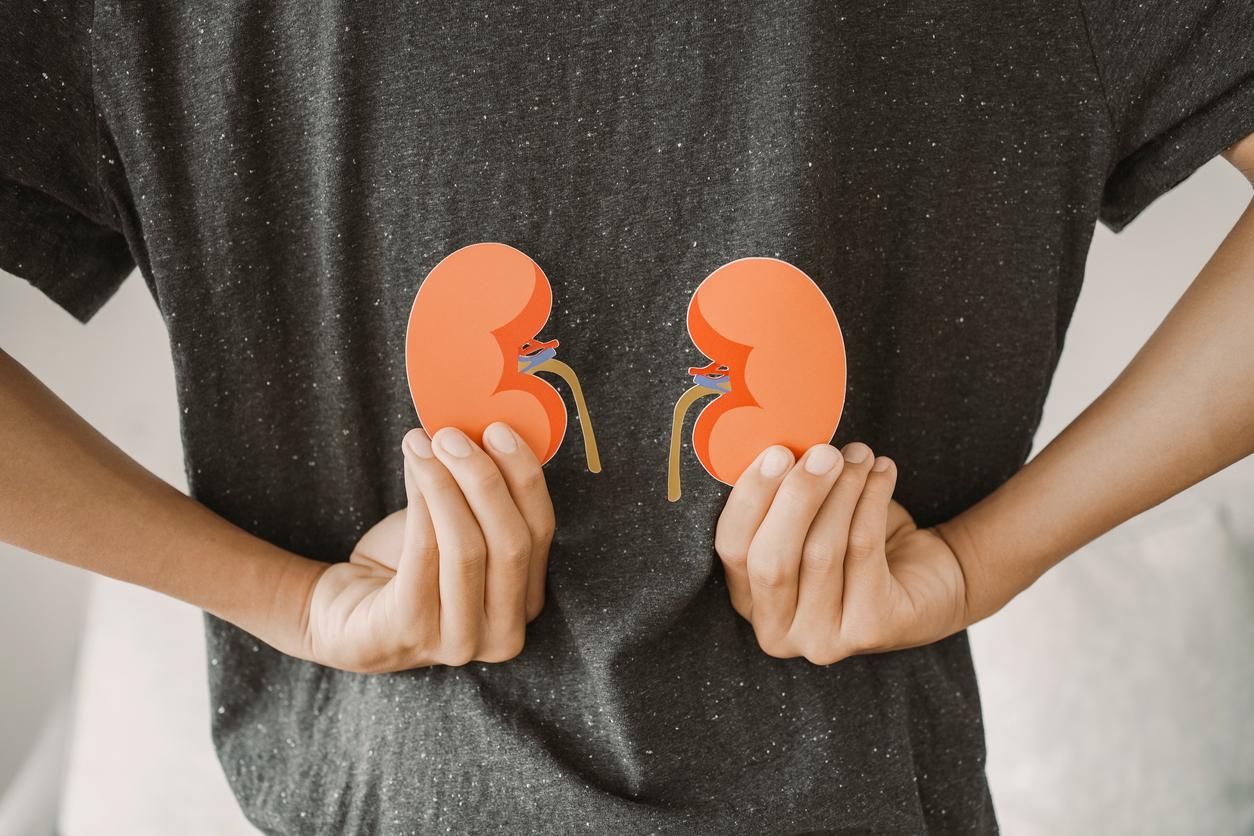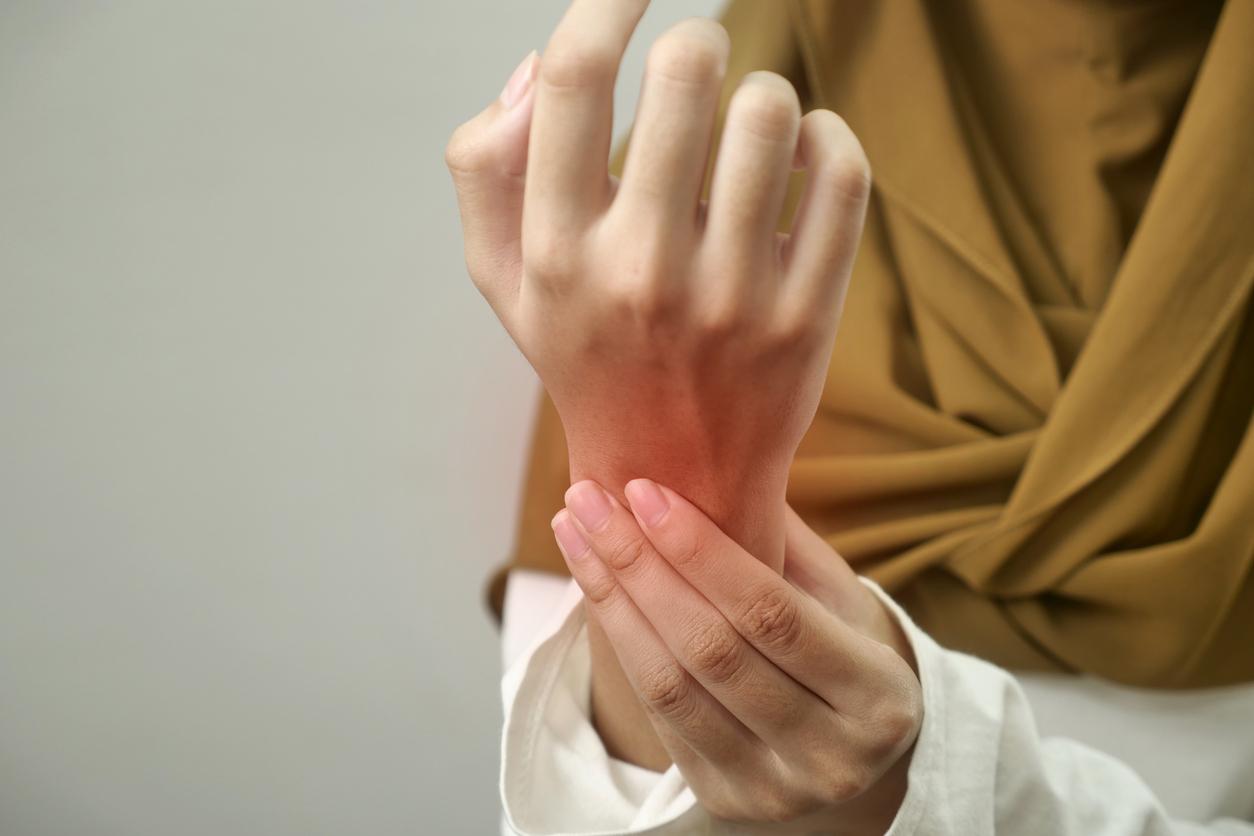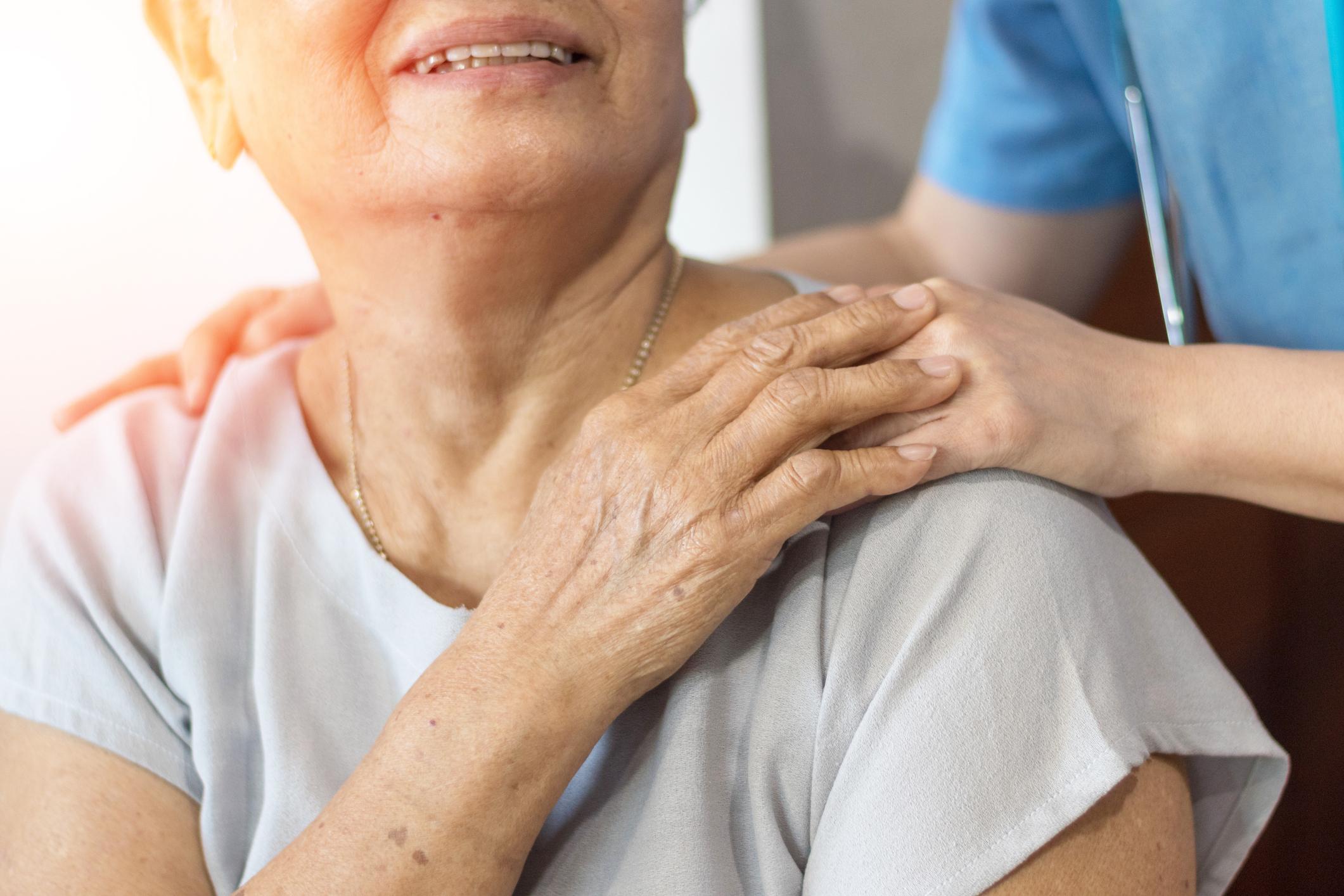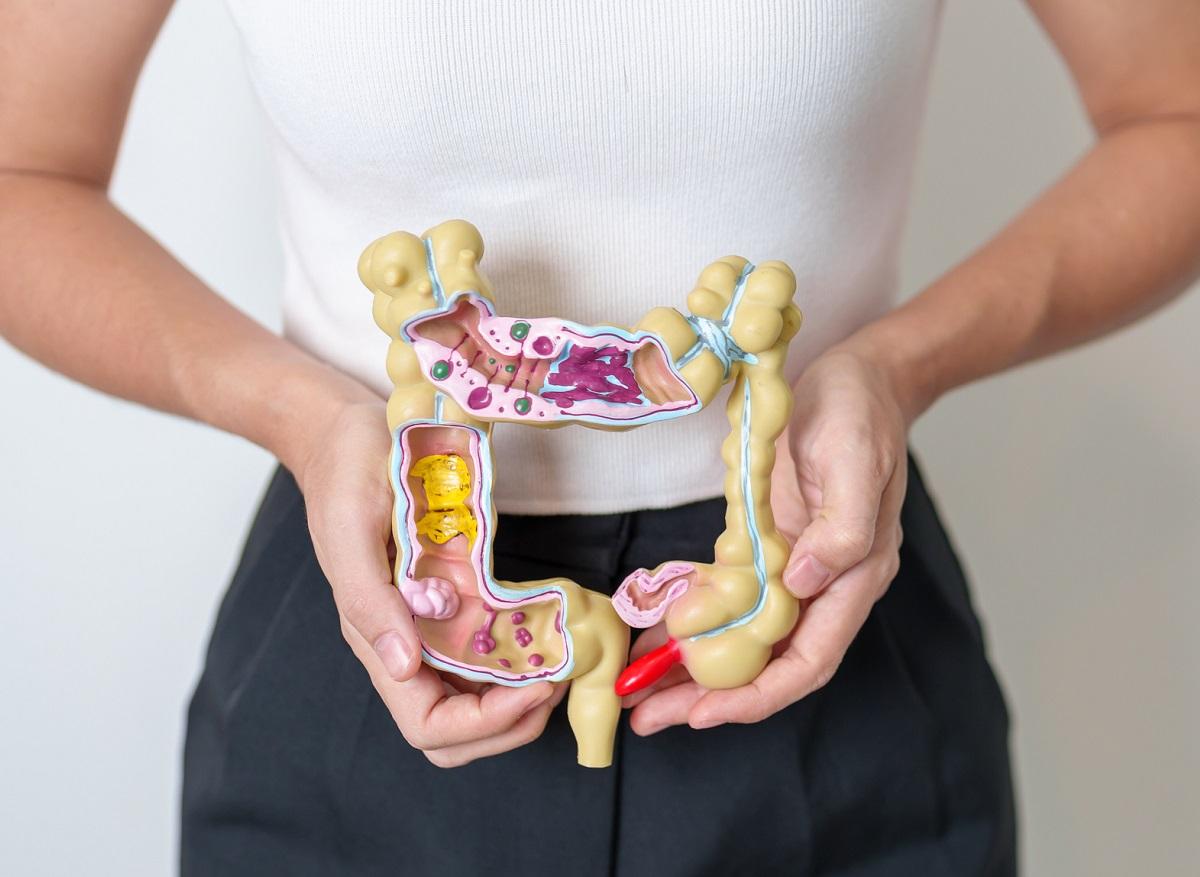The devices and services required for home care must generate savings. But the government cut the bill.

Negotiation will have won the day. Home health care services will not be massively de-reimbursed. After almost two months of passing arms between the players in the sector, an agreement was found. The Ministry of Health announced this on October 29 in a brief press release.
“A conventional agreement was finalized today between manufacturers, home health providers and the Economic Committee for Health Products (CEPS),” says the document. Since the beginning of August, petitions and demonstrations have multiplied.
Petition and open letter
The bomb was dropped on August 5, in the middle of summer. Its target: home care. The CEPS announces that certain products and services which are necessary there will be less well supported. The decrease, in some cases, is as much as 10%. The field of application is wide. It ranges from self-management of diabetes to preventing pressure ulcers and treating sleep apnea. The devices are very effective, but they are expensive. CEPS estimates that with a reduction in reimbursement, a saving of 180 million euros will be generated.
But it was without counting on the relentlessness of the unions which represent the home health providers (PSAD). They denounce the absence of prior negotiation, and this on multiple occasions. A first, they say.
On August 29, the trade unions therefore published a petition which received the support of community pharmacists, also involved in the device. 15,000 signatories approve the demands. It is backed up by an open letter to the President of the Republic, François Hollande.
Indispensable intermediaries
In the process, patient associations are mobilizing, the French Federation of diabetics on your mind. The anger swells until the demonstration of September 22 which brings together 500 participants. At this stage, the Federation of respiratory insufficiency (FFAIR) joined the movement.
In fact, these chronic pathologies often require equipment at home. However, the purchase is not made directly from the manufacturer. It is necessary to call on a service provider or an association that purchases the equipment, installs it at home, maintains it… A service paid directly by Health Insurance.
Lately, the costs had exploded for this one. This is the argument put forward by CEPS during its reassessment. But in the eyes of the PSADs, the requested effort was impossible. The protest finally paid off: negotiations resumed and all parties obtained concessions, the nature of which is not detailed by the Ministry of Health.
These are now 95 million euros in savings that are requested for the year 2017. According to the intersyndicale des PSAD, this represents nearly twice the average annual contribution of the sector. The government has also made an effort: it is committed not to influence spending by modulating the growth rate.
The Intersyndicale des PSAD welcomes this compromise in a press release. She welcomes a solution that has been found in “respecting the economic model of home health providers while preserving the quality of home care for a million and a half patients.” But in addition to this conventional agreement, Marisol Touraine announced the establishment of work on the status and missions of these PSADs. Their role in the home care sector could therefore evolve. To become less central?
.















